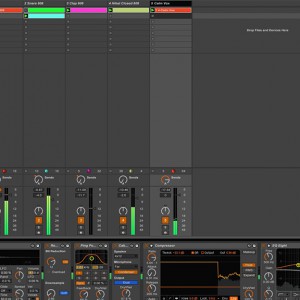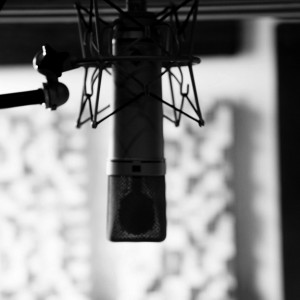That is something I ask myself every time someone calls to hire me…

There are so many situations when you ask yourself ‘Should I take this job or not’. To be an artist, a musician or an audio engineer is not something you know from birth. Many of us go to school in order to learn how to be the best and even more importantly, we spend countless hours practicing and refining our skills. Some of us never stop practicing or learning how to be better. But it’s in the real world that we learn how to be professional and what that entails. So here are some of my practices when I am offered a job so I can make sure it’s a great experience for all parties involved.
1. Clarity and communication
This is the number one tool to avoid problems down the line. I start by asking the client to give me as many details as possible and to be as accurate as possible. I ask questions about the date/time/venue (if not at my studio), number of people, type of music/audio needed to be recorded, type end result (final audio, raw files etc). Get as much info as you need and guide your client through this process.
2. Technical details
In the case where both parties were very clear about the job details (schedule/time/location), the technical details are very important. Knowing about any spec or format requirements your client has is important.
3. Payment and Expenses
Giving the client your rates upfront is always the best option. This way you can either negotiate if need be or move forward knowing what the cost will be. It’s also important to let the client know of any other expenses that need to be covered. Often time, down the line, no one remembers the others details, so you should always, but ALWAYS document the details by sending your client a detailed email of everything you spoke about. Do it right after the phone call so the details are fresh in their mind.
4. Contract and Deposit
Depending on the job, sometimes I go the extra mile and prepare a contract that both parties must read and sign. For every job I always take a deposit regardless of the job. Even after you’ve gone through all the above, sometimes people are no-shows, just forget, or cancel day of (after I’ve set aside that time in my schedule to do the job).
5. Bad Vibes
Now I will describe my last and most important tool. Regardless of the job’s size or the job’s compensation, if for any reason the client refuses to pay a deposit or to sign the contract, or if I get a bad vibe from the client, I refuse the job.
No matter how much money I would lose, nothing is worth the headache or the problems that a BAD job or client could bring. Think about how you would feel if you travel to do a job and are supposed to be paid for some expenses but never got paid for both the job or the expenses. Needless to say, you are at a loss. You could go to claims court to get paid, but no one wants to deal with that.
One last bit of advice.
In some cases you have to wait 30, 60 or even 90 days to get paid because big companies run this way, so you should put a little note on the contract that states “No Material Or Files Will Be Released Until The Job Is Paid In Full”. Of course if it’s a musicians gig it’s not going to work because you just played the gig so your services were already delivered but in the recording studio, online recording, videotaping or in similar cases where files have to be released or delivered it works like magic and the company or client rushes to pay you in order to get their files. In many cases they even pay you on the spot.
I hope some of this info will help your future decision on whether or not to take a job. You should always weigh your options on a case by case basis.
Until next time…
Good luck




